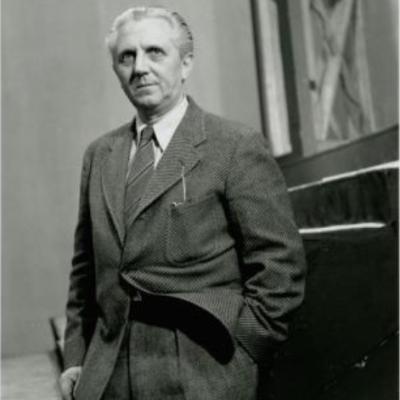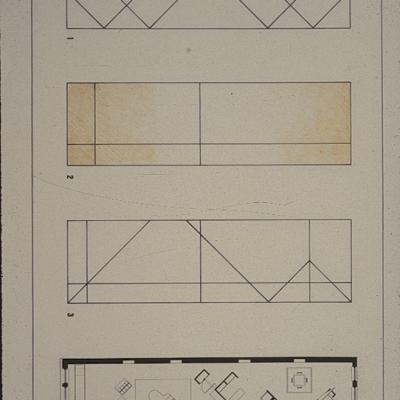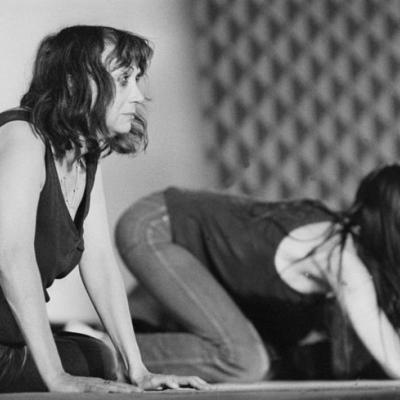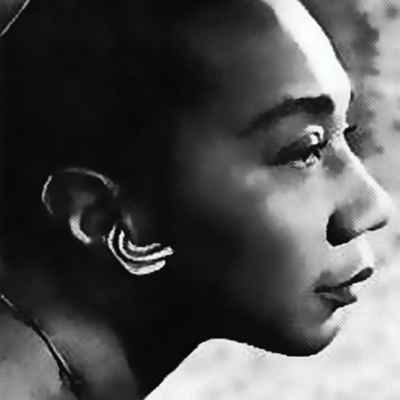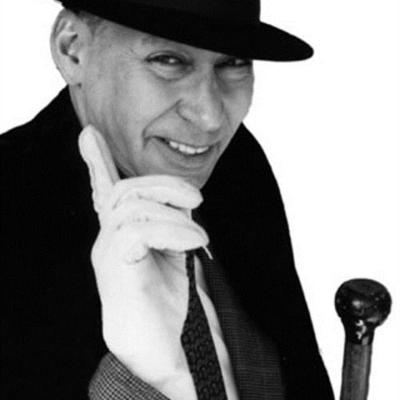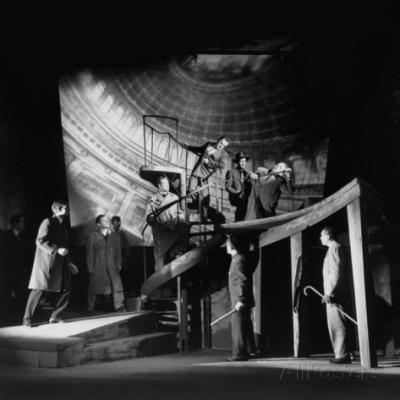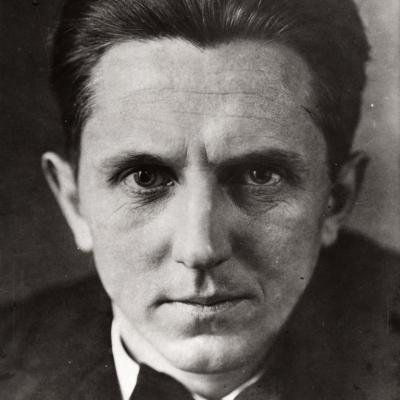Category: Theater
Speech in the Theatre: Trouble with Speech in the American Theatre
Just because we all have the gift of gab does not mean we are endowed with the art of speech. Speech is an art, especially speech for the theatre. Those of us who devote ourselves to this art must continually question and re-evaluate our aims and methods.
School That Came to Stay: Erwin Piscator’s Dramatic Workshop, Now Celebrating Tenth Anniversary, Hopes to Become a University
Ten years ago, when Erwin Piscator proposed that the New School of Social Research set up a drama department, he envisioned the eventual growth of this unit into a University of Theatre where students trained in every conceivable phase of the drama would be eligible for the bachelor,
Erwin Piscator
Erwin Piscator (1893-1966) was a famous German stage director known for his expressionistic staging techniques and the theatre style of “epic theatre.” Piscator first trained as an actor at the Konig School of Dramatic Art.
Clurman on the Theater, with Sweep and Passion: A Critic Who Was at Home on Both Sides of the Footlights
Harold Clurman always had stage presence, whether he was teaching, talking or simply going to the theater. Wherever he went, he was accompanied by a sense of theatrical history, which was an endemic to his personality and his silver-tipped cane and black velour hat.
Giuseppe Zambonini: Loft Utopia
There’s nothing less utopian and avant-garde than the New York City loft. A symbol of gentrification in Manhattan and Brooklyn, teeming with tech-bros and slumming Wall Street workers, when you see loft construction you can be sure that the artisanal mayonnaise shop won’t be far behind.
Vinnette Carroll
It was during Gina Luria Walker and Ellen M. Freeberg’s Women’s Legacy class at the New School that I was introduced to Vinnette Carroll. Ellen Freeberg had come across Carroll’s name in the New School Archives.
Harold Clurman
Harold Clurman (1901-1980) was a respected American theatrical director, actor and drama critic. He attended Columbia University and University of Paris where he received his degree in 1923. In 1924, Clurman made his acting debut as an extra with the Greenwich Village Theatre.
Working with Live Material
Strasberg: At present there is so much confusion, misunderstanding, and downright ignorance—not about the Stanislavski System, but about acting in general—that to begin to deal with this problem really would mean writing three complete books, one of which would be a detailed history o
Won Oscar as Bigoted Sheriff in “Heat of the Night”
Of all the Method actors who evolved from the Actors Studio and its tentacles, Rod Steiger, who died on July 9th aged 77, was arguably the most intense.
The Stanislavski Method: Growth and Methodology
For this discussion of the Stanislavski System, Stanislavski’s teachings during the later period of his life will be examined first. This is where he radically changed his earlier techniques in favor of what is now known as the Stanislavski System.
The Political Theater
In a conversation with Lania which had taken place about the time when we were founding our theater (I had put up Lania’s General Strike [Generalstreik] for performance at the Volksbuhne at the time of the English miners’ strike, because the subject and the form seemed to me worthy of
Were There Theatres in the Twelfth and Thirteenth Centuries?
It seems beyond question that the documents collected by Professor Laura Hibbard Loomis and Professor Roger Loomis invite the historian of the mediaeval stage to revise a current opinion founded on an incomplete citation of texts and many preconceptions.
Theatre Arts in a Free Society
In a world of growing tensions, the subject of freedom for the theatre and its related arts necessarily gives us great concern.
The Theatre of the Thirties
There is a tendency nowadays to downgrade the thirties.
“The Play’s the Thing”: A Polemic
Though other literary forms wax and wane, the novel, short story, diary, epic and such forever suffering favor or oblivion at the hands of the reading public, plays, it seems, are always out of fashion; unread by all but the very few, those generally drama students, sui generis, indef
The Spaces of the Dramatic Workshop
When the Dramatic Workshop separated from the New School, one of its main gripes was the lack of space. The records from 1943 show 20 full time students. This grew to 50 students by 1944 and 310 in 1946. Then there were the evening students – 440 in 1944, which grew steadily to 1,070 by 1947.
The Dramatic Workshop
In January 1940, Erwin Piscator, a German theater director, launched the Dramatic Workshop at the New School for Social Research. In its first semester the program had approximately twenty students for acting and twenty-five for directing.
